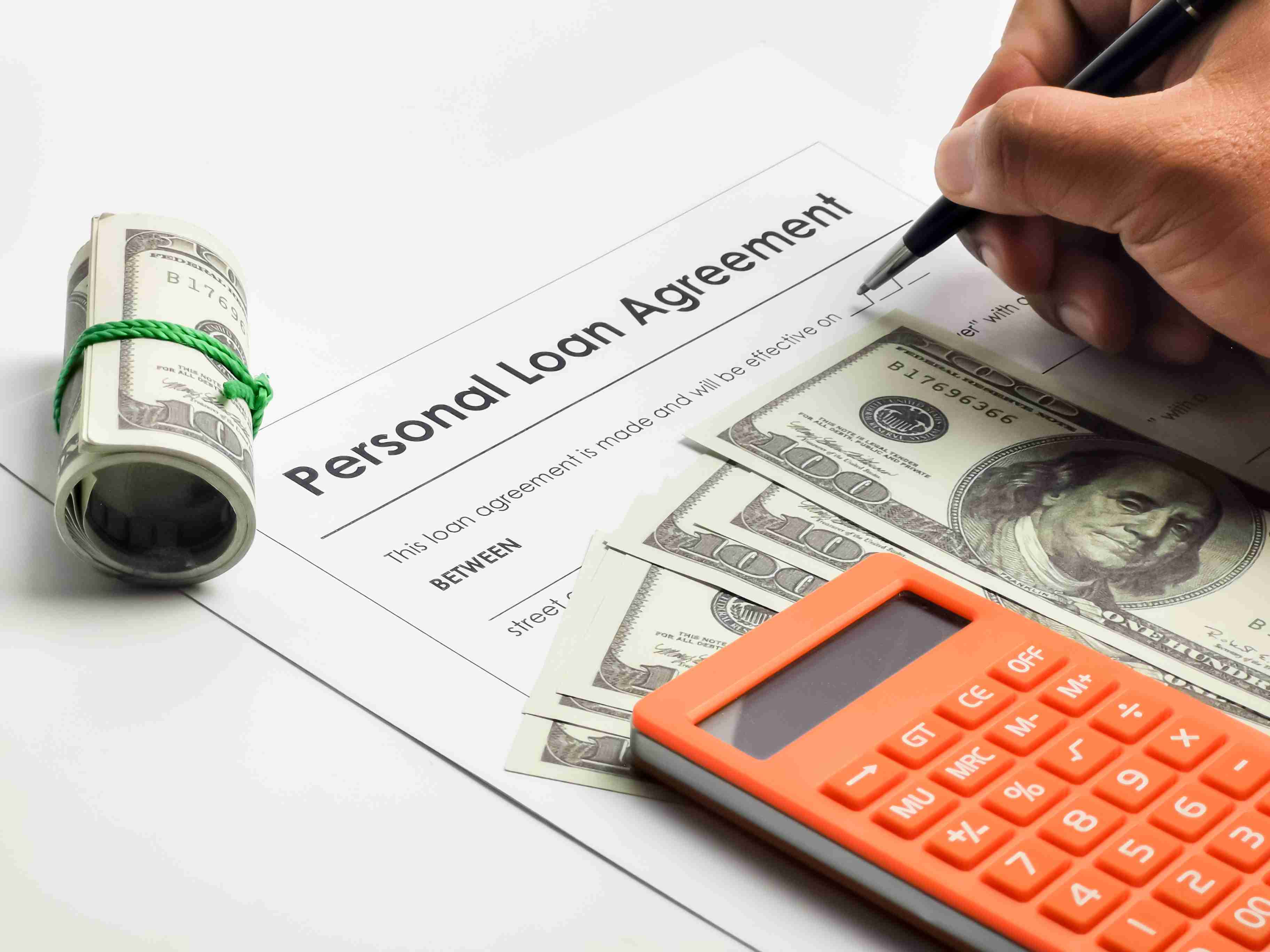Personal Loans: A Comprehensive Guide
Understanding Personal Loans A personal loan is a financial product that allows individuals to borrow a fixed amount of money from a bank, credit union, or online lender. Unlike mortgages or auto loans, personal loans are usually unsecured, meaning they do not require collateral. Borrowers repay the loan in fixed monthly installments over a predetermined period.
Benefits of Personal Loans
Flexibility: Can be used for various purposes, such as debt consolidation, medical expenses, or home improvements.
Fixed Interest Rates: Many personal loans come with fixed interest rates, making budgeting easier.
No Collateral Required: Unsecured personal loans do not require assets as security.
Fast Approval: Many lenders offer quick approval and disbursement processes.
How to Qualify for a Personal Loan
To secure a personal loan, you generally need:
A good credit score (higher scores often result in better interest rates)
Stable income to ensure repayment ability
A low debt-to-income ratio
Proper documentation, such as ID, proof of income, and bank statements
Things to Consider Before Applying
Interest Rates and Fees: Compare different lenders to find the most competitive rates.
Repayment Terms: Choose a loan term that matches your financial situation.
Loan Purpose: Only borrow what is necessary to avoid excessive debt.
Conclusion
Personal loans can be an excellent financial tool when used responsibly. Before applying, assess your financial needs, compare lenders, and ensure you have a repayment plan.
